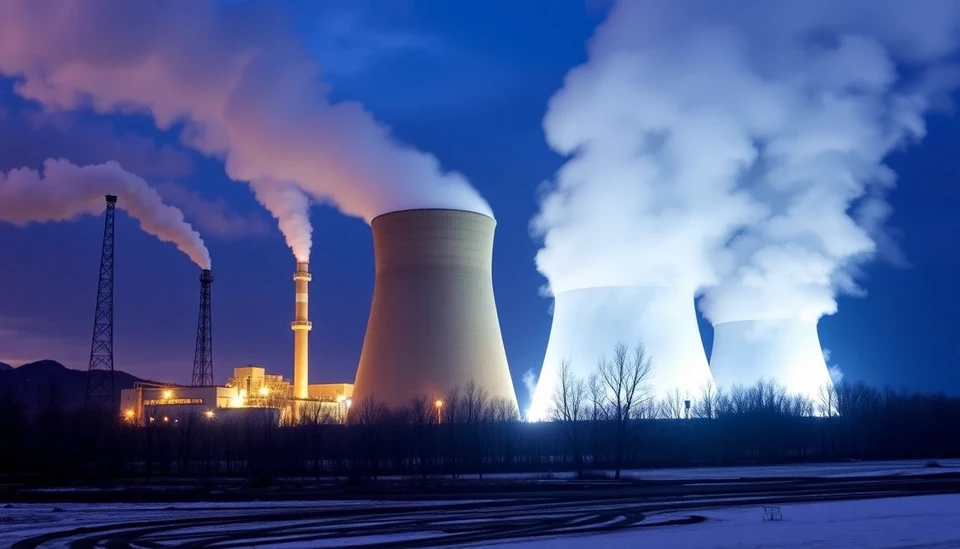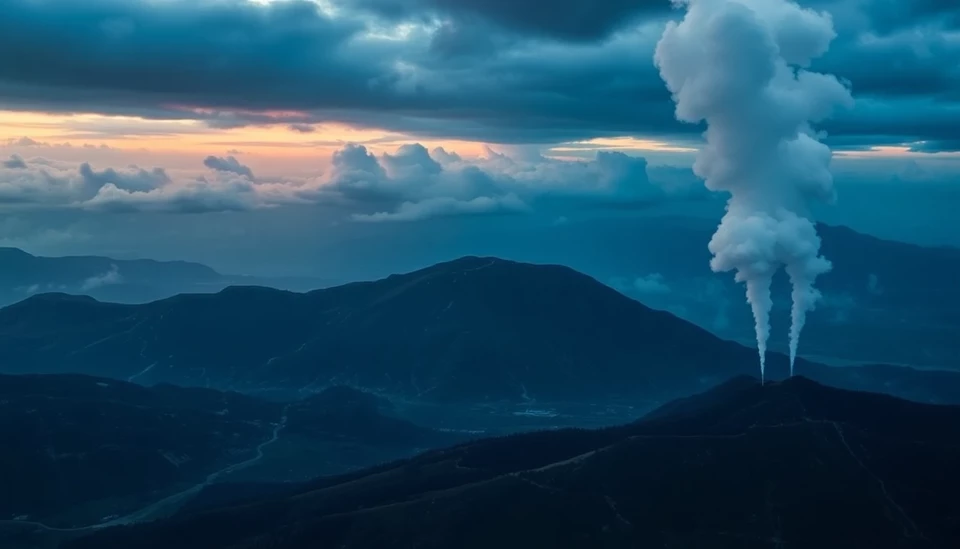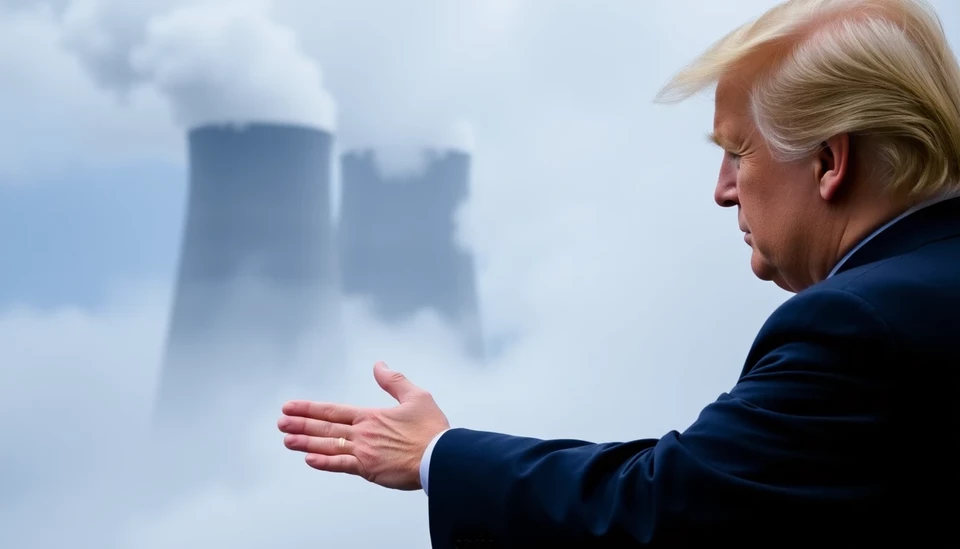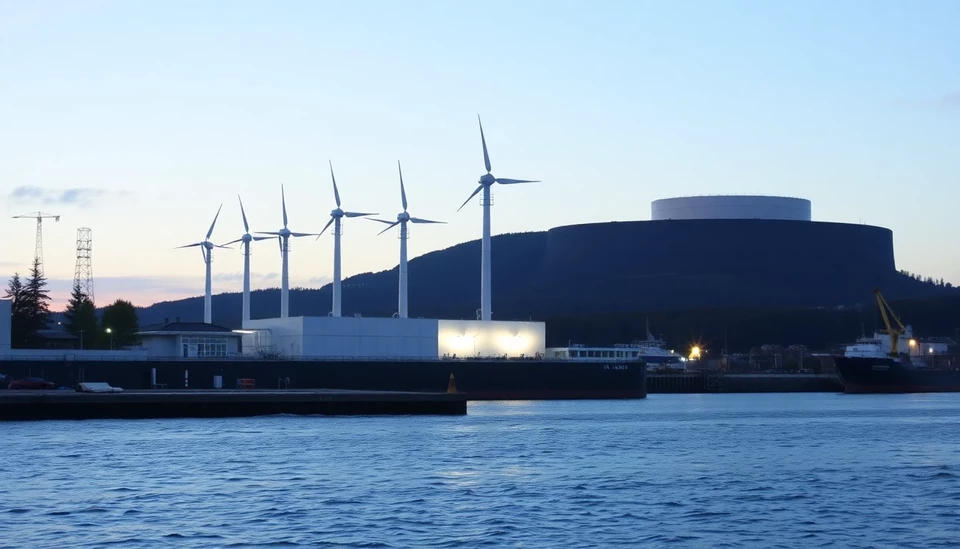
In the ongoing struggle against climate change, carbon capture technology has emerged as a contentious topic, causing a rift between advocates and skeptics. The critical discussion in recent opinion pieces suggests a path toward consensus, urging stakeholders to focus on pragmatic solutions rather than entrenched positions.
Carbon capture and storage (CCS) has garnered significant attention as a potential mechanism to mitigate greenhouse gas emissions generated by industrial processes. However, the debate is heightened by differing perspectives on its efficacy and the implications for future energy strategies. Proponents argue that CCS is necessary to reach net-zero targets, while detractors caution against potential overreliance on unproven technology, potentially compromising efforts to transition to a more sustainable energy framework.
One of the pivotal challenges facing the climate action community is achieving a unified stance regarding the role of carbon capture within broader environmental strategies. Critics express concerns that emphasizing CCS might detract attention and resources from renewable energy investments, fearing that this could delay essential transitions away from fossil fuels. Conversely, advocates emphasize the importance of maintaining a diverse toolkit in combating climate change, where carbon capture could play a critical role in decarbonizing hard-to-abate sectors, such as cement and steel production.
To effectively navigate this tug-of-war, experts recommend fostering cooperative discussions among scientists, policymakers, and industry leaders. By prioritizing collaborative efforts to advance research and development in carbon capture technologies, stakeholders can work together to establish a balanced approach. This includes investing in both renewable energies and CCS capabilities, ensuring that neither area is starved of necessary funding or innovation.
Moreover, implementing transparent accountability measures for carbon capture projects is vital. By establishing clear benchmarks and targets, stakeholders can evaluate the carbon sequestration effectiveness and ascertain whether these initiatives genuinely contribute to emissions reductions. Such transparency will help build public trust and address skepticism surrounding the technology's reliability and potential misuse.
As the global community grapples with the pressing challenges of climate change, the dialogue surrounding carbon capture must evolve. It is essential for advocates and critics to engage in constructive conversations, emphasizing shared goals rather than diverging opinions. The stakes have never been higher, and collective action can pave the way for practical solutions that align with both climate and energy demands.
The path forward lies in embracing innovation while remaining committed to a holistic approach to climate action. By recognizing the complexities of carbon capture alongside the urgency of transitioning to sustainable energy sources, the climate community can foster a more inclusive and effective response to an issue that affects us all.
#CarbonCapture #ClimateChange #Sustainability #EnergyTransition #Collaboration #Innovation #EnvironmentalPolicy #NetZero
Author: Sophie Bennett




